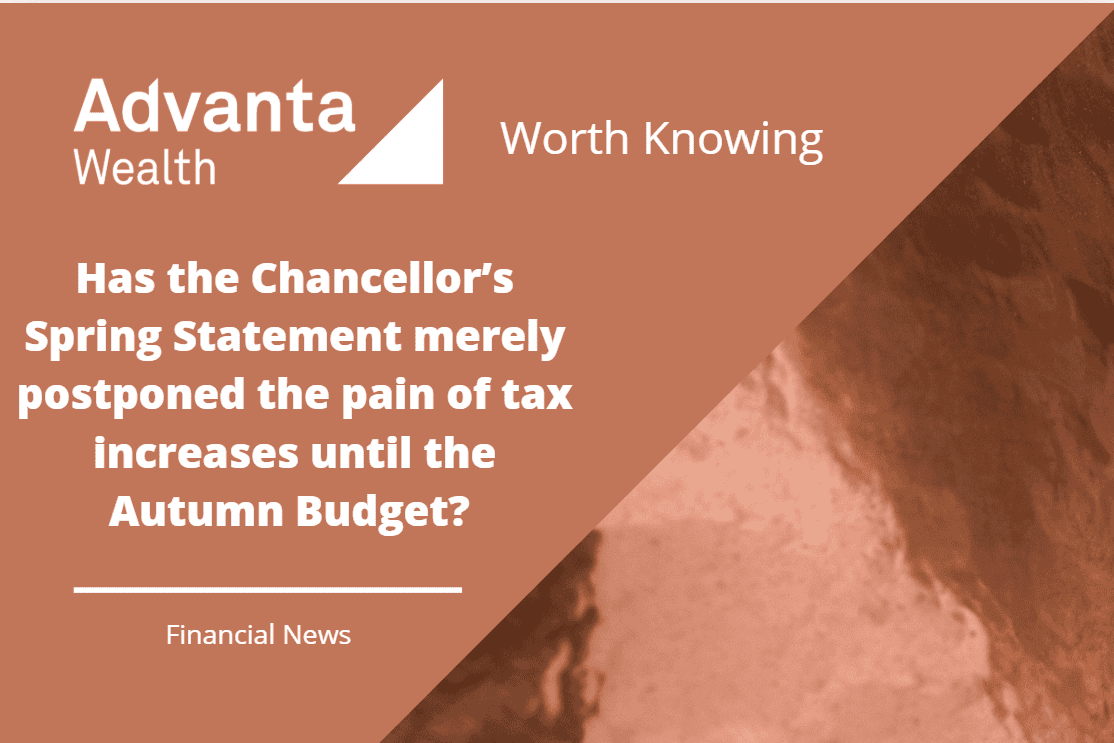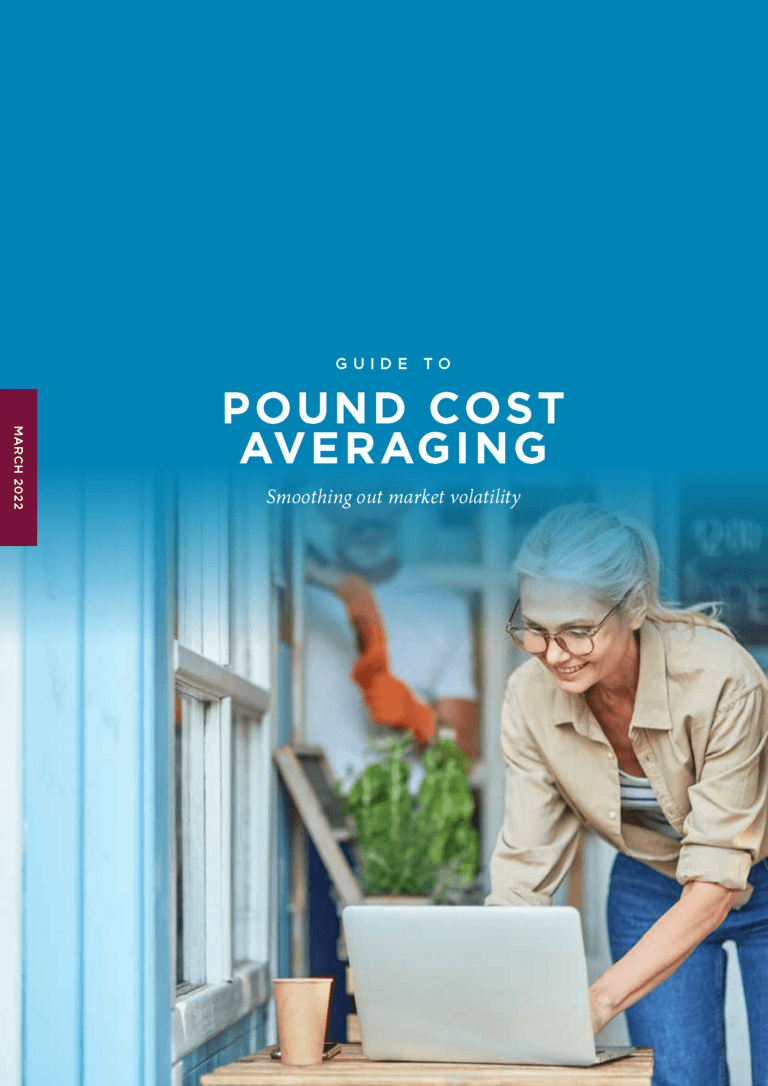Understanding what you’ll receive and when
While many people have some savings for retirement, most of us will also depend on the State Pension to help cover our living costs. The full new State Pension payment is currently £175.20 a week (2020/21 tax year), but not everyone will receive the full amount and the age at which you’ll receive it varies.
If you reached State Pension age before 6 April 2016, you’ll receive the basic State Pension. The most you can currently get from the basic State Pension is £134.25 a week (2020/21).
Who is eligible for the State Pension?
Eligibility for the State Pension is based on your National Insurance record, that is, the number of years in which you’ve either made National Insurance contributions (through employment or voluntarily) or received National Insurance credits (while unemployed, ill or raising children, for example).
To claim the full State Pension, you’ll need at least 35 qualifying years on your National Insurance record. If you have less than 35 but more than 10, you’ll be entitled to a reduced amount. With less than 10 qualifying years, you are not eligible for the State Pension.
When will you receive the State Pension?
The current State Pension age is 66, but it is rising over time. By 2028, it will be 67, and by 2046 it will increase to 68. Plans that are currently being discussed could bring that increase forward to between 2037 and 2039, affecting anyone born after 1970.
How much will you receive?
The current full State Pension is £175.20 a week but will increase to £179.60 on 6 April 2021. It will continue to increase every year, either by 2.5%, by the average growth in earnings, or by the average growth in prices (whichever is highest).
If you are eligible to a reduced State Pension based on your National Insurance record, the amount you receive is based on the number of qualifying years you have. You can estimate this amount by dividing the full State Pension by 35 and multiplying by the number of years on your National Insurance record, for example, for 10 years, your estimate would be around £50 a week.
If you’d like to increase the amount you are entitled to, you could fill gaps in your National Insurance record by making voluntary contributions.
Is the State Pension enough to live on?
Even if you are entitled to the full State Pension, you should have other savings to improve your standard of living in retirement.
Most people have some savings in a workplace pension, and you might also consider a personal pension to help you reach your savings goal.
Retirement might seem a long way off. And if that’s the case, then great, because you’re in the best position to start planning for what should be the longest holiday of your life.
Content of the articles featured in this publication is for your general information and use only and is not intended to address your particular requirements or constitute a full and authoritative statement of the law. They should not be relied upon in their entirety and shall not be deemed to be, or constitute advice. Although endeavours have been made to provide accurate and timely information, there can be no guarantee that such information is accurate as of the date it is received or that it will continue to be accurate in the future. No individual or company should act upon such information without receiving appropriate professional advice after a thorough examination of their particular situation. We cannot accept responsibility for any loss as a result of acts or omissions taken in respect of any articles.For more information please visit www.goldminemedia.co.uk








